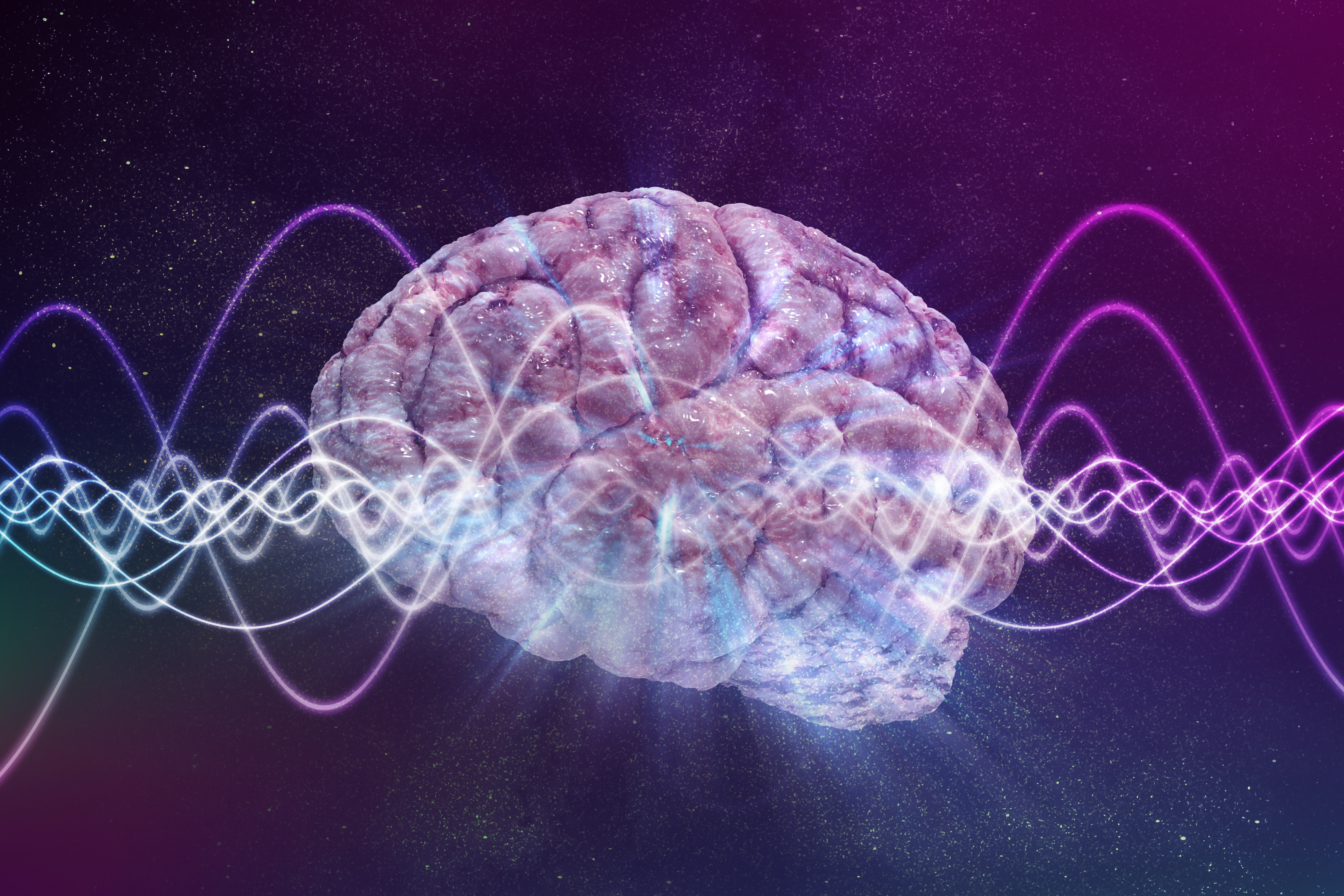What if everything in our world has a soul and mind? What if every desk, chair, and potted plant has a conscious stream of thoughts? That’s the basic idea behind Panpsychism, a theory first put forward in the late 16th century by Francesco Patrizi. It’s been a hundred years or so since science won out about this theory in the 1920s, but now it’s regaining momentum.
To understand why this theory is regaining popularity requires us to look at one of the most difficult conundrums that human scientists have ever faced: where consciousness comes from. Scientists have been trying to solve this hard problem for over a hundred years, and while developments in neuroscience, psychology, and quantum physics have come far, we still don’t have a definitive answer.
The argument is regaining momentum, though, thanks in part to the work of Italian neuroscientist and psychiatrist Giulio Tononi, who proposed the idea that there is widespread consciousness even found in the simplest of systems. Tononi and American neuroscientist Christof Koch argued that consciousness will follow where there are organized lumps of matter. Some even believe that the stars may be conscious.

This basic idea, then, seems to suggest that grouped lumps of matter, like the very chair you’re sitting in right now, may have a stream of consciousness. Of course, not everyone agrees with this. Many still take the stance that this is just an attempt to grasp at straws, if you will, in a bid to understand consciousness and how it comes to be.
The main idea behind Panpsychism seems to rely on the belief that if brains are not required for consciousness, then anything can be conscious of its existence, and thus, everything has different experiences. But there are more than just the believers and unbelievers here. There are actually some who believe that consciousness is all an illusion, which raises even more questions.
Keith Frankish, an honorary professor of philosophy at the University of Sheffield, told Popular Mechanics that he believes that consciousness is just an illusion of our own minds. Whether or not the very stars are conscious has yet to be proven, of course. And we’re still a long way from understanding the brain and how it correlates to different things within our world.
This is still an area of science that draws a lot of big question marks from scientists. All you can really say for sure is what you believe. Are you conscious? Or is consciousness just an illusion that your brain has conjured up? It is certainly an interesting thought.







